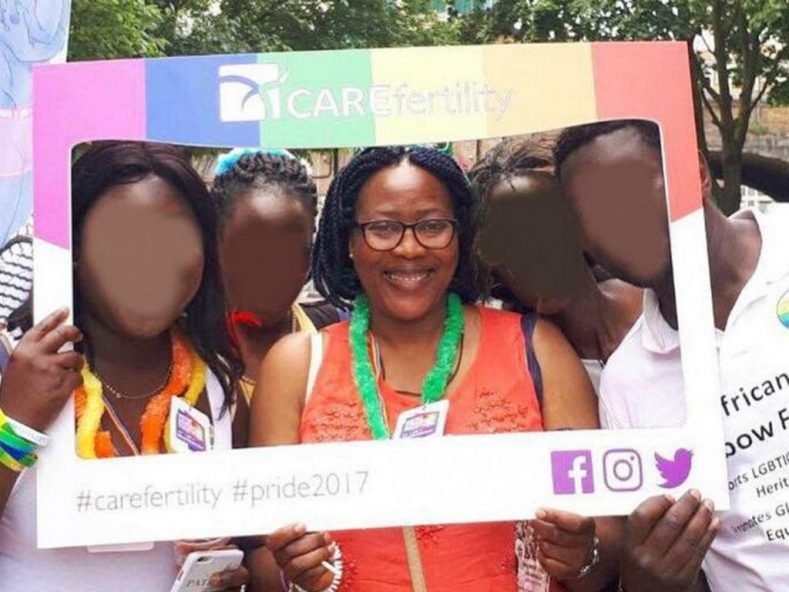International
Nigerian lesbian woman attempts suicide shortly before deportation

Exclusive: Nneka Obazee overdosed on pain medication after finding out she was being returned to her home country of Nigeria

Nneka Obazee was due to be deported from the UK on Wednesday
A lesbian asylum seeker attempted to take her own life in order to stop herself being deported from the UK.
Nneka Obazee, 34, was meant to be flown on a charter flight to her home country of Nigeria but she overdosed on pain medication which led to her hospitalisation, according to activist group Lesbians and Gays Support the Migrants.
Ms Obazee was set to be deported along with her 19-year-old stepson on an 11pm charter flight on Wednesday back to her home country despite fearing for her life, causing outrage from the LGBTQ community.
Read Also Researchers worry as malaria becomes ‘untreatable’
“When Nneka was made aware that she would be returned to Nigeria she was so frightened that she attempted to suicide and took an overdose which demonstrates how dire the situation would be for her if she was returned to Nigeria” a spokesperson for LGSM, who are in direct contact with Ms Obazee, told The Independent.
Her step-son was deported and is now arriving in Nigeria without his mother or a support network.
Ms Obazee came to the UK in March 2013 on a visit with her abusive husband and stepson and took the opportunity to run away from him for a while in the UK. It was only once in the country that she says she felt she was able to reveal her sexuality.
For the past four years Nneka has been living in Manchester and is an active member of the cities LGBT+ community, organising with the queer migrant group African Rainbow Family.
Ms Obazee has had her case rejected by the Home Office and failed two appeals tribunals. She is currently undergoing a judicial review.
“Sexual identity is a very difficult thing to have to ‘prove’, not least when it has been the cause of significant trauma in the past,” LGBTIQ specialist senior caseworker at Asylum Aid, Rajiv Bera, told The Independent.
Mr Bera added that he continually represents people who have exhausted their refugee status determination and appeals process without success but “With adequate representation and proper support, the same people have gone on to eventually win their cases”.
It is also not uncommon for the same LGBTQ+ asylum seekers to suffer from mental health problems:

